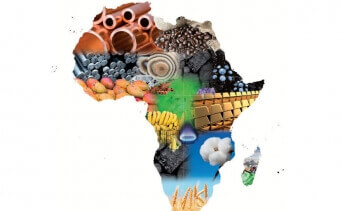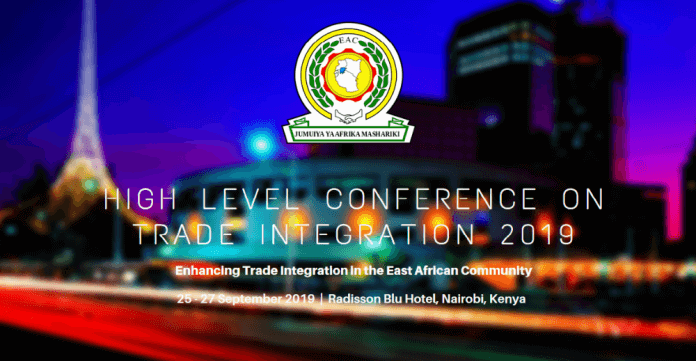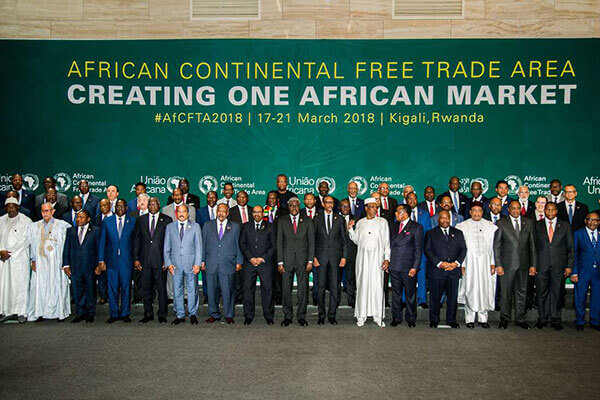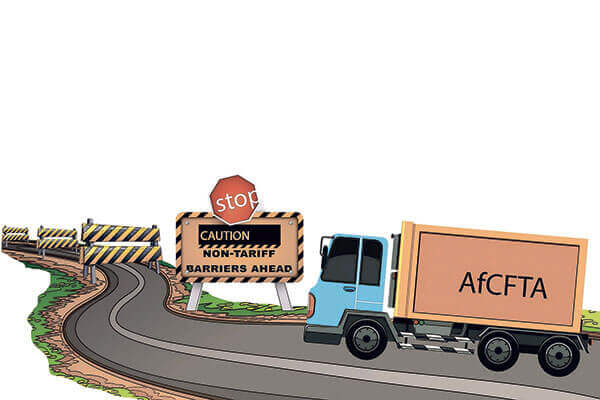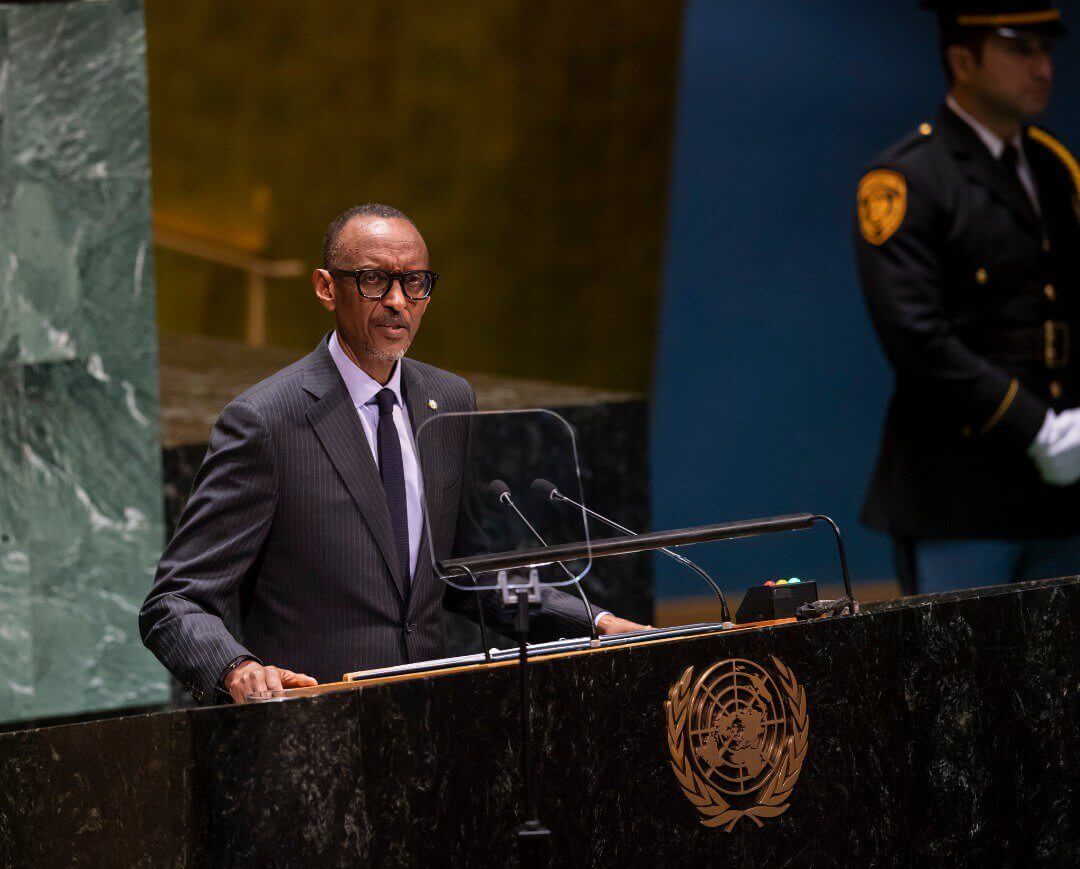The tectonic plates of the global political economy are shifting, and with an accelerating pace: “Trade wars”; “Brexit”; “fake news” and election manipulation; “populism”; the appointment of a “geopolitical commission” in Brussels; unprecedented protests in Hong Kong; South China sea military confrontations; an increasingly assertive Chinese Communist Party—the list goes on. Facing these dramatic changes, smaller, relatively fragile, states, particularly those in Africa, need to build new reference points to anchor their future development or risk being swallowed in the emerging crevasses. Rather than focus on current events Africans need to discern their underlying drivers and how they frame opportunities, as well as responses. The modern world economy is now characterized by a rapidly shifting technological frontier within which several previously distinct realms are now converging. Sub-Saharan Africa could benefit from the increasingly interconnected global economy. At the same time, the United States’ tough response to China’s growing economic heft, as well as increased worldwide backlash to globalization, is incentivizing some economies to look inward. Trade policy and strategy is back in focus with a vengeance, and increasingly contested. How might an Africa caught in the middle of these opposing forces navigate this new global trade environment while maintaining its growth momentum of the last two decades? Trade integration is creating opportunities for growth Under the “Fourth Industrial Revolution” the world of work is transforming, placing ever-higher premiums on skills, curtailing the significance of geographic distance as a main shaper of production patterns, and promoting structural transformation. This new, more...
How should Africans respond to the investment, technology, security, and trade wars?
Posted on: October 3, 2019
Posted on: October 3, 2019


